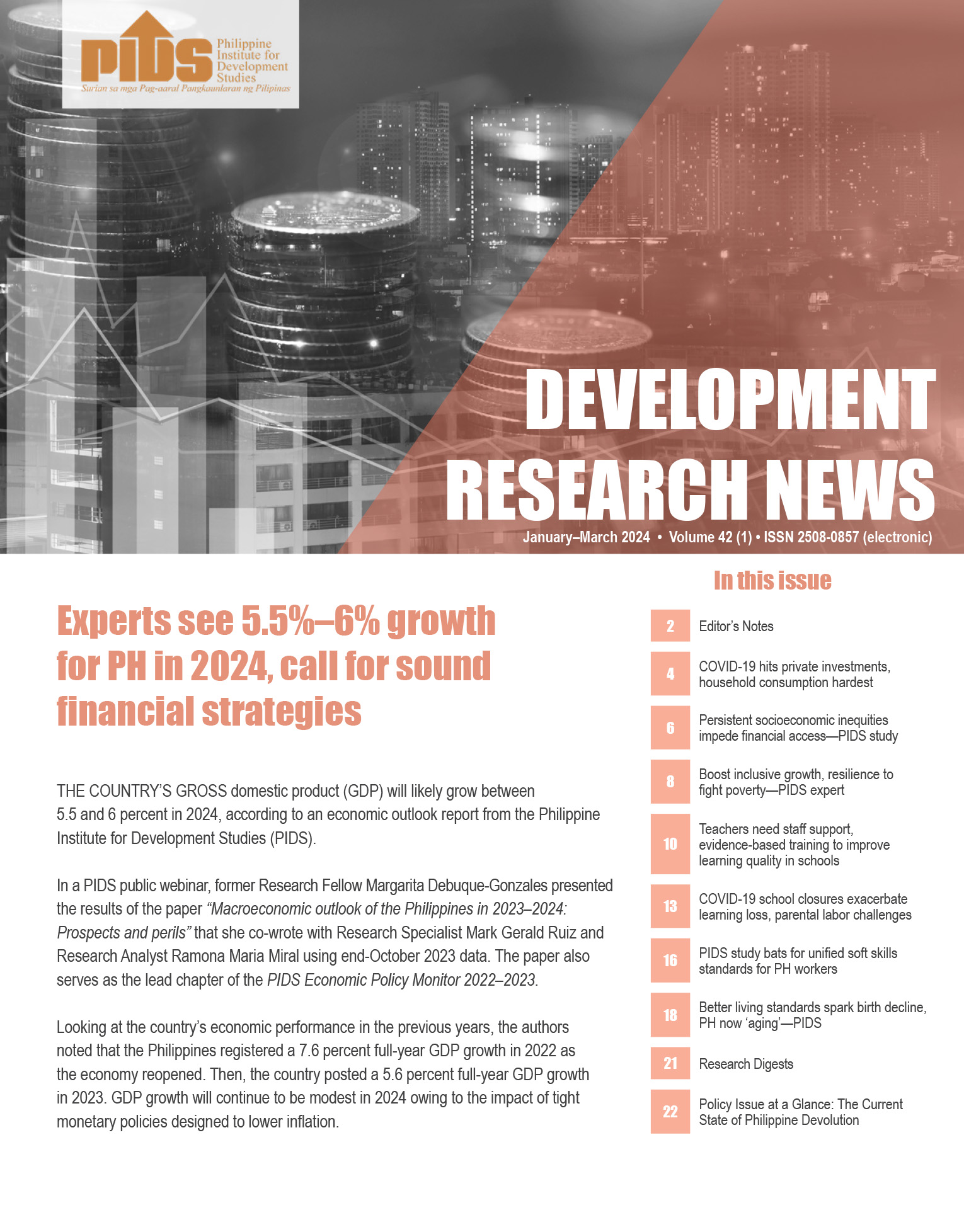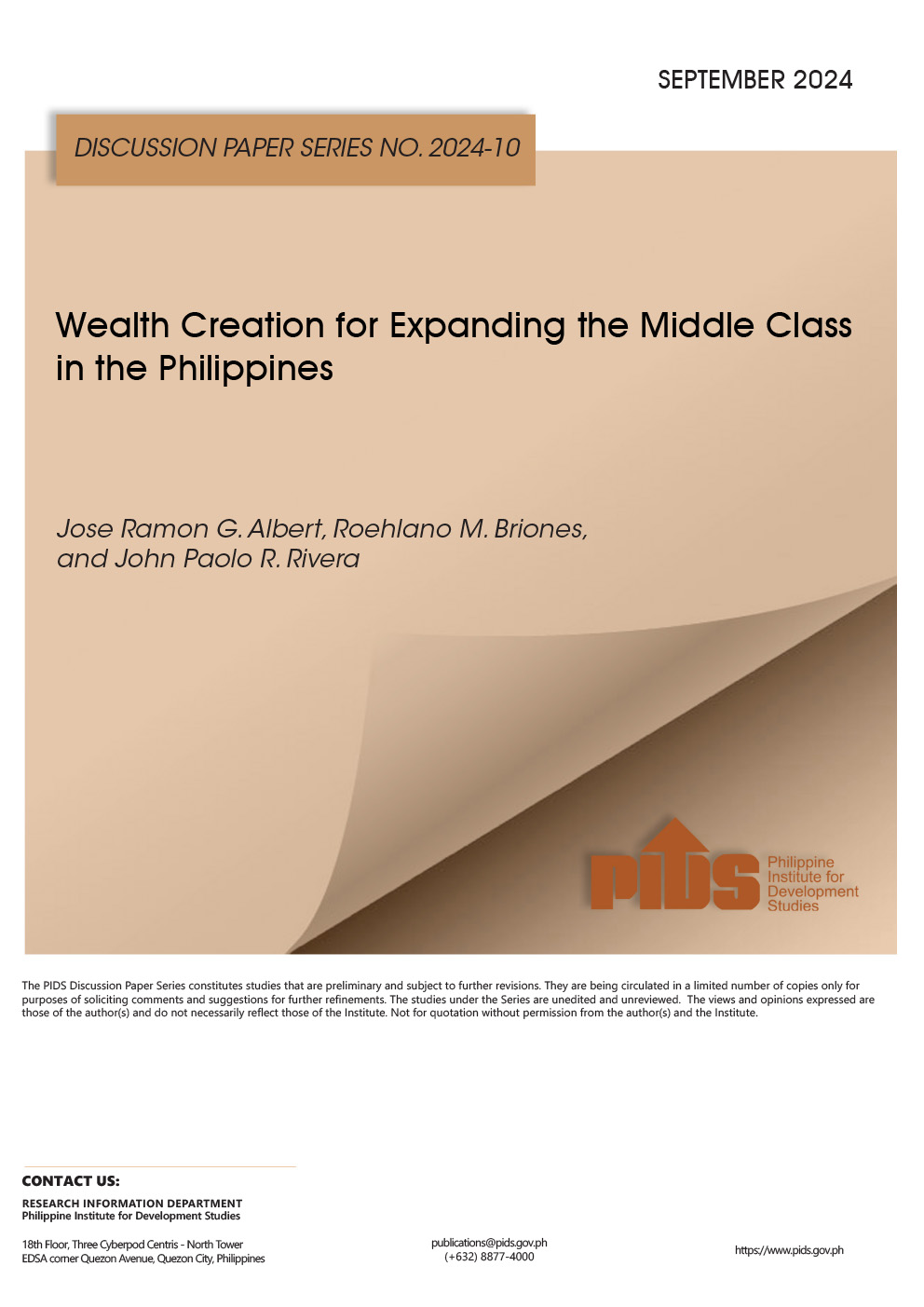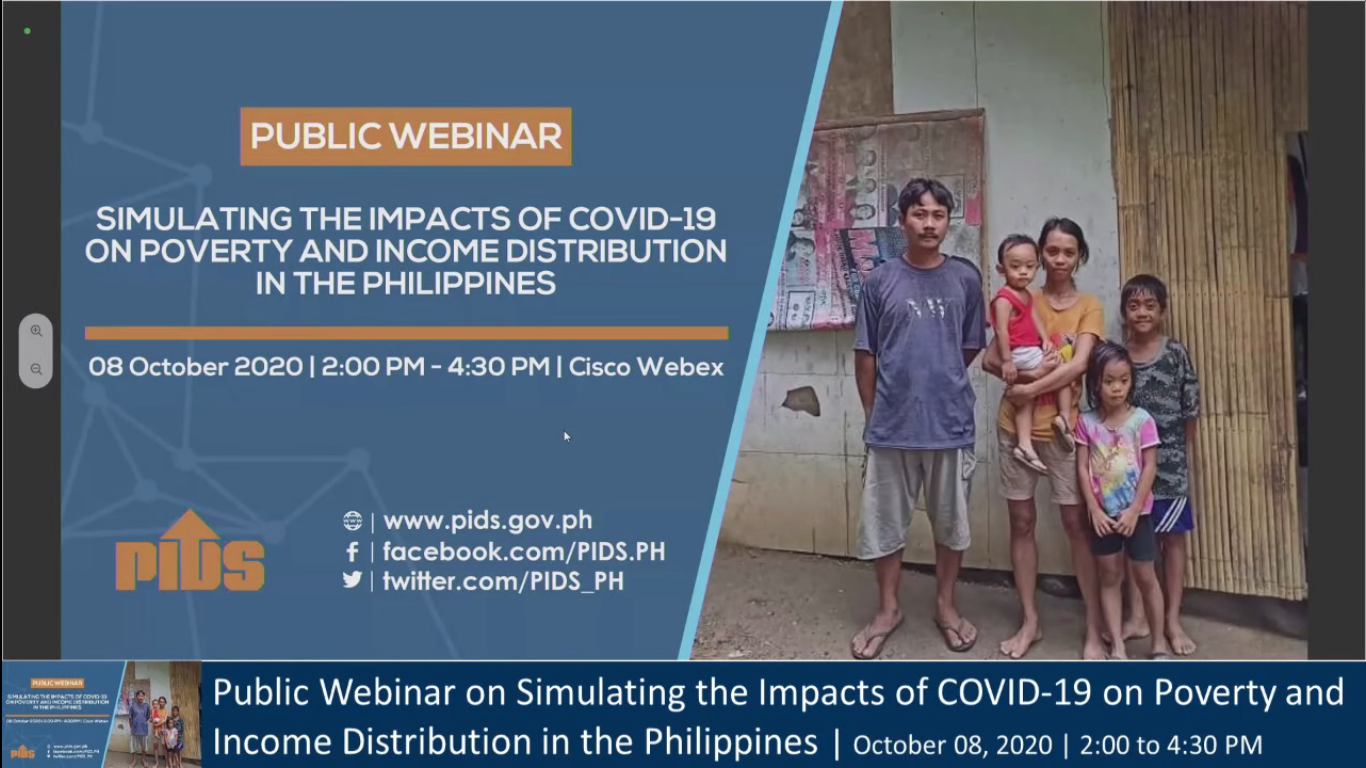Small and medium enterprises (SMEs) play a crucial role in ending poverty and income inequality in the Asia-Pacific Economic Cooperation (Apec) region.
Dr. Bokhwan Yu, deputy dean of the Asian Development Bank Institute (ADBI), said SMEs can pave the way for poverty reduction by providing much-needed employment opportunities for the poor.
"One solution to solve poverty and achieve inclusiveness is through the development of SMEs, which have the potential to provide jobs to people. However, SMEs must be able to participate in the global value chain to benefit more from greater integration,” Yu said.
Yu added that over 5 million people are still living the below poverty line in Asia alone, with income inequalities also rising in recent years.
He said supporting SMEs is just one possible solution to arrest the situation. Yu said this is where the importance of not only cooperation but also research for development comes in.
The 2015 Apec Study Centers Consortium (ASCC) Conference, Yu said, provides an opportunity for researchers in the region to share knowledge and find solution to make growth more inclusive.
"Achieving inclusive growth in the region is hampered by various issues and there is no single solution to solve all these problems,” Yu said.
Deputy Director General Rolando G. Tungpalan of the National Economic and Development Authority (Neda) said research for development must continue and thus receive support from governments, private sector, academe and civil society.
In the case of the Philippines, Tungpalan said the Philippine Apec Study Center Network (PASCN) has provided policy recommendations that aided policymakers in formulating national plans and strategies.
The PASCN, which is being led by state think tank Philippine Institute for Development Studies (PIDS), have produced a number of scholarly publications containing research studies on competition policy, coalition building and Apec, China’s economic growth and the Asean, education and globalization, sustainable tourism, and the Philippines-Japan Economic Partnership Agreement, among other topics.
"Without a doubt, the Apec Education Leaders’ Initiative launched in 1993 and the motivation behind the establishment of the Apec study centers in the different Apec member-economies have lived on. The study centers are steadily gaining ground and will continue to do so with the support of the Apec Secretariat,” Tungpalan said.
The ASCC Conference provides an opportunity for academics and scholars to discuss and exchange ideas on the Apec themes and to identify areas for regional collaboration among the Apec study centers.
Outcomes of the conference may serve as inputs to the different Apec working group discussions and may be integrated in the Apec Leaders’ statement. There are over 50 study centers in 20 of the 21 Apec member-economies.//












